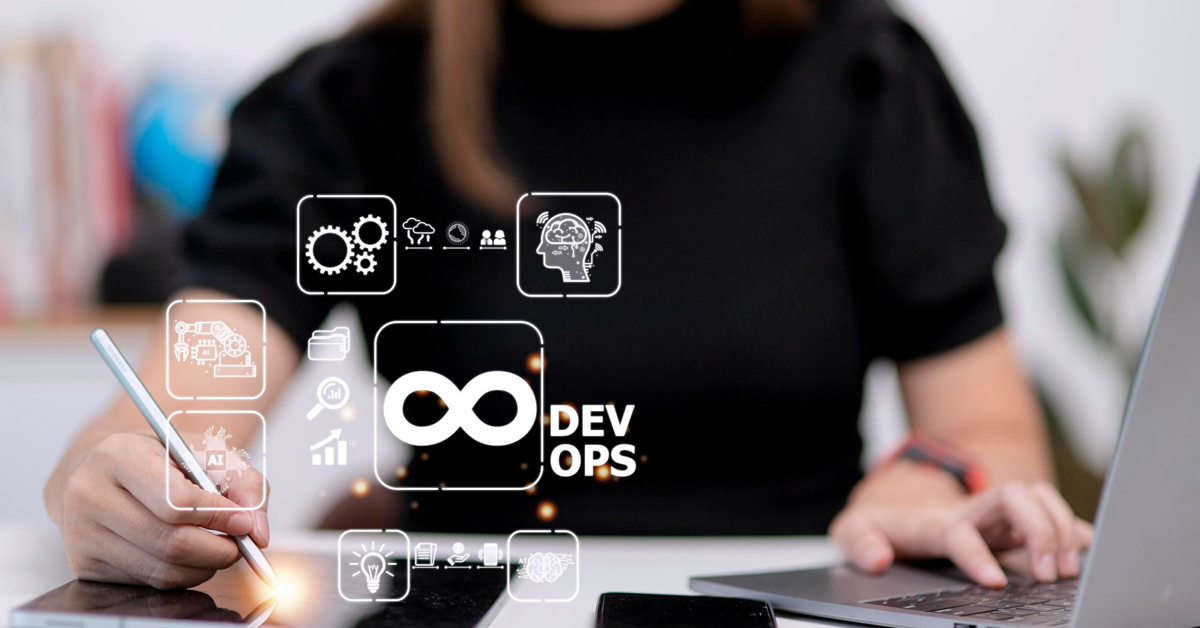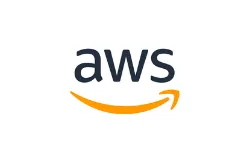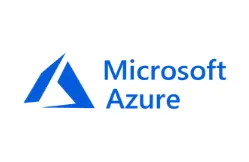How To Build A Career As A DevOps Engineer?
The world is transforming at a quick pace. Companies across the globe are undergoing a digital revolution, increasing the demand for professionals highly skilled in emerging new-age tools and systems – one such emerging concept is DevOps.
According to Forrester, more than 50% of companies are actively using DevOps services. Top organizations that are using DevOps in their software development cycle have seen a 63% improvement in the quality of software deployments. DevOps market is expected to grow to 6.6 billion dollars by 2023, unlocking numerous career opportunities in the field.

What does it mean to be a DevOps Engineer and what skills are needed?
DevOps engineers work with IT developers to promote better communication between the various IT related functions by streamlining integration and deployment processes and automating them.
To be a proficient DevOps engineer, one must be adept at certain skills such as knowledge in programming, system administration, network and storage, infrastructure management and compliance, automation tools, visualization, cloud computing, security, testing, and good communication skills.
Programming knowledge: As a DevOps engineer, you have an enormous responsibility to ensure smooth operations and coding language knowledge such as Python, Java, NodeJS, NET, React, Angular, Ruby and others can help you better understand your roles and responsibilities.
CI/CD: DevOps process consists of a lot of development, testing, and deployment technologies for developing automated Continuous Integration/Continuous Delivery pipelines. Continuous integration (CI) integrates the work products of individual developers into a repository. Continuous delivery (CD) is considered to reduce the conflicting points which are inherent in the deployment or release processes.
System administration: System administration consists of building, deploying, testing, and regularly debugging servers. The resource responsible for system administration is directly responsible for the overall health of the system and therefore it makes more sense for the DevOps Engineer to learn more about system administration as that helps in making decisions regarding automation of systems and servers.
Network and storage: Managing network issues is a vital part of DevOps professionals' responsibility, as they deal with servers and storage. Hence, it is very important to know about network systems, servers, and storage and have a clear understanding of their management and processes.
While organizations often look for experienced developers interested in DevOps and possessing the abovementioned skills, training and certifications can always add to the knowledge and confidence of a candidate to become an industry-ready DevOps Engineer. Many reputed institutions offer several computer science students specialized courses in DevOps and other IT related programs in emerging technology.
Are there courses for DevOps? While organizations often look for experienced developers interested in DevOps and possessing the abovementioned skills, training and certifications can always add to the knowledge and confidence of a candidate to become an industry-ready DevOps Engineer. Many reputed institutions offer several computer science students specialized courses in DevOps and other IT related programs in emerging technology.
Career prospects The global size of DevOpsmarket is slated to reach $12.85 billion by 2025 according to a Grand View Research report. As companies around the globe strive for digital transformation, there has been a tremendous increase in the adoption of cloud technologies and agile frameworks, and this calls for better collaboration within the IT teams to improve operational efficiency.
Besides a good job profile, an attractive salary package can be expected as well. A DevOps Engineer typically earns up to Rs 20 lakh a year, reported in recent research by PayScale.
If you've decided to take up a DevOps career, it's best to kick off your DevOps journey with a certification course from a reputed institute and by keeping yourself open to learning, you 're going to grow much faster in the industry.
Few other interview questions:
- What are your future goals?
- What do are your interests outside of work?
- could you offer to this job differently?
- How do you deal with pressure?
- Will you be ready if the job requires frequent travelling?
- What type of work environment do you prefer?
The key to acing any job interview is to make sure that all your answers are tailored to be in line with the company values, its goals and the specifics pertaining to the job you are applying for.
Most Popular Courses
AWS Certification Training || Devops Certification Training || Google Cloud Certification






.webp)
